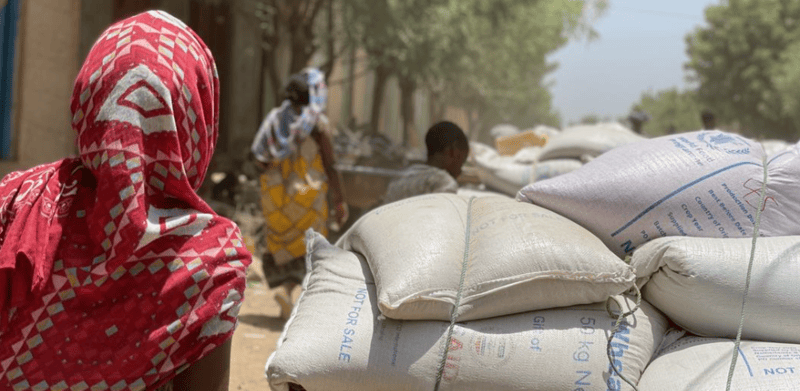Over one billion Africans unable to afford healthy diet, UN report warns

The study shows that while the number of people worldwide unable to afford nutritious meals dropped to 2.6 billion in 2024, Africa is moving in the opposite direction.
More than one billion people in Africa are unable to afford a healthy diet, a United Nations report has revealed, highlighting a growing food affordability crisis that is deepening hunger across the continent.
The findings are contained in the 2025 edition of the State of Food Security and Nutrition in the World report, launched by five UN agencies during the Second UN Food Systems Summit Stocktake in Addis Ababa earlier this week.
More To Read
- UN’s Guterres vows to push for Palestine two-state solution, says he will ‘not shut up’
- UN hails DR Congo-Rwanda peace deal amid ongoing hostilities in the east
- UN Rights Chief raises alarm over abductions, enforced disappearances in Uganda ahead of elections
- 2 per cent of Kenyans own over half of the country’s arable land - KHRC report
- Factory farming in Africa: Development banks see it as a good idea, but it’s bad for the climate
- AU calls for rapid tech adoption in farming to shield continent from food crises
The study shows that while the number of people worldwide unable to afford nutritious meals dropped to 2.6 billion in 2024, Africa is moving in the opposite direction.
The number of Africans unable to access a healthy diet rose from 864 million in 2019 to just over one billion in 2024, making nutrient-rich foods increasingly inaccessible.
This growing gap is contributing to rising undernourishment on the continent, with 307 million people, more than one in five, suffering from hunger in 2024.
The trend continues to deteriorate even as other regions record progress, placing Africa at the centre of the global food crisis.
“Nutrient-rich foods like fruits, vegetables, and animal products remain out of reach for many, even as basic staples also become more expensive. The world remains off track to meet any of the seven global nutrition targets by 2030,” said Maximo Torero, Chief Economist at the UN Food and Agriculture Organisation.
The report identifies soaring food prices as a key driver of worsening affordability. Since 2020, food costs have consistently outpaced overall inflation in many low-income countries.
The shocks from climate disasters and global conflicts, including the war in Ukraine, have further pushed up prices. For example, maize prices in South Africa rose by 36 per cent, while cocoa in Ghana and the Ivory Coast nearly tripled after severe droughts.
The impact is most severe on children and women. One-third of children aged six to 23 months are not receiving the nutrients required for healthy growth, while anaemia among women aged 15–49 is on the rise, with two-thirds failing to meet minimum dietary diversity.
“Only one out of three children globally is meeting the minimum dietary diversity indicator. We need action to ensure unimpeded access to life-saving treatment for malnutrition, especially in conflict zones, and to strengthen social protection systems,” warned Dr Tedros Adhanom Ghebreyesus, Director-General of the World Health Organisation.
The report calls for urgent structural reforms, including greater investment in small-scale farmers, stronger local food systems, improved trade transparency, and better market information.
It notes that lessons from past food crises have helped ease recent shocks, with fewer export bans and stronger institutional coordination, but warns that deeper reforms are essential to reverse Africa’s worsening food affordability crisis.
Top Stories Today















































